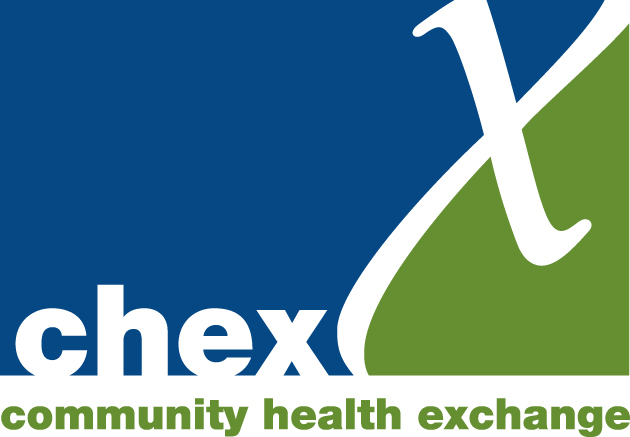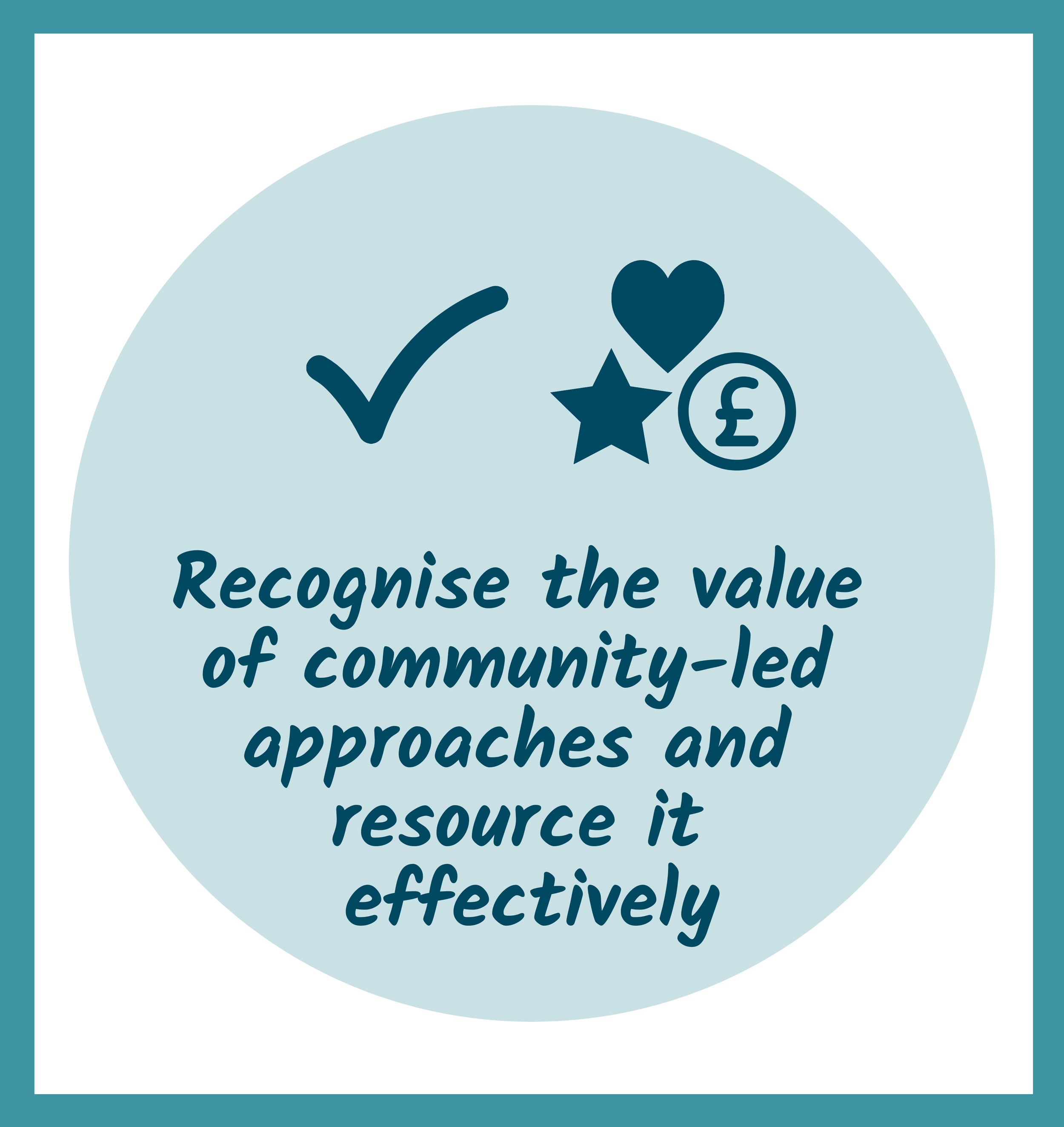CHEX Briefing - February 2024
Key action two - Recognise the value of community-led health and resource it effectively
Community-led health is an approach used by community organisations and various practitioners working in public sector organisations. It supports people in communities to take joint action to improve things for their community, leading to increased health and wellbeing. Community-led health, and community-led or community-centred approaches more widely, are recognised as having a key role in reducing health inequalities, both in Scotland and England.
CHEX and SCDC are involved in a UK-wide research project, CommonHealth Assets, which seeks to evidence the ways in which community organisations utilise their assets to impact upon the health and wellbeing of their communities. The project is a partnership between a range of universities working in collaboration with community organisations. Funded by the National Institute for Health Research, the work has the potential to significantly contribute to the evidence base for community-led health approaches.
In order to contribute to the developing understanding and recognition of the importance of community-led approaches, CHEX and our network would emphasise the following points.
Resourcing of community-led health by the Scottish Government should be substantially increased. This would be a ‘drop in the ocean’ compared to the budget spent on ‘downstream’ health care, yet would make a huge difference to the ability of the community sector to contribute to the preventative agenda.
Funding for community and voluntary organisations should be for at least 3 years. Currently, many community projects are funded on a yearly basis, making it hard to embed work that results in real change. 3-year funding enables community organisations to focus on developmental work without the distraction of having to secure funding every year.
Robust approaches and models now exist showing how community-led approaches contribute to tackling inequality. The onus should be on commissioners and funders to use these models to understand how community-led health approaches at a local level contribute to tackling inequality at an aggregate level.
Community organisations should be involved in designing and delivering policy interventions to address health inequality. Working at the front line of responding to the current cost-of living crisis and other challenges such as Covid-19, community organisations have shown they have the knowledge and will to respond constructively to local needs and are best placed to know what interventions are required now and in the future. They have a first-hand understanding of how different policies and decisions will affect the people they work with, and are also well-versed in using creative, engaging and inclusive methods of working with people from marginalised communities, who need to have their voices heard in order that policy is fair and effective.
Ensuring that the application criteria for all Scottish Government funding criteria for regeneration projects includes a requirement for projects to be designed and delivered in partnership with local communities, including community and voluntary sector organisations, and also to have a clear focus on eradicating inequality.

